Qurbani, also known as Udhiyah, is a significant religious practice observed by Muslims worldwide.
It refers to the act of sacrificing an animal during the Islamic month of Dhul Hijjah, specifically on the occasion of Eid al-Adha, which commemorates the willingness of Prophet Ibrahim (Abraham) to sacrifice his son as an act of obedience to God.
Financially capable Muslims are encouraged to perform Qurbani as a symbol of devotion, gratitude, and charity.
The sacrifice is typically carried out by slaughtering livestock such as sheep, goat, cow, or camel.
The meat from the Qurbani animal is then distributed among family, friends, and the less fortunate, ensuring that everyone can partake in the joyous celebration and experience the spirit of generosity and unity that defines this important Islamic tradition.
The word Qurbani itself translates as ‘nearness,’ and through it Muslims are able to draw closer to their Lord.
The Prophet (saw) said, ‘The first thing we will do on this day of ours, is to offer the (Eid) prayer and then return to make the sacrifice. Whoever does so, he acted according to our Sunnah…’ (Bukhari)
So, is it only a Sunnah and not a fard?
The Hanafi school states that any adult, sane Muslim who possesses the minimum amount (the Nisab) must sacrifice and donate Qurbani. In short, if you are eligible to pay Zakat because you possess more than the Nisab, you need to offer a sacrifice (Qurbani or Udhiya).
The Maliki and Hanbali schools state that the person responsible for the household can make the sacrifice or Udhiya or Qurbani on behalf of the members in their immediate household.
However, if you live in a household where more than one person possesses more than the Nisab amount and pays their own Zakat, then the best and safest option is for all those who pay Zakat to offer their own sacrifice or Udhiya or Qurbani.
If you cannot afford it (you don’t have more than the Nisab amount), then you are excused from making the sacrifice.
If you have missed Qurbani in a previous year, you can make it up this year by sacrificing an extra animal. Simply calculate how many years you’ve missed and you will know how many animals you need to sacrifice.
You can make your donation as early as you would like to. Do not delay your donation – it is better to be earlier than it is to be late! Nevertheless, you can make payments right up until the end of the second day after Eid (before Maghrib).
The Udhiya is performed during the three days of Eid al-Adha — on the 10th, 11th, and 12th of Dhul Hijjah.
To ensure your Qurbani is carried out on time, it’s best to donate before Eid begins or as early as possible on the first day of Eid.
If you donate on the second or third day of Eid, the Udhiya will still be performed within the remaining Eid days, but early donation helps guarantee timely fulfillment and wider distribution to those in need.
In addition, all animals must be healthy and free of disease, including the following conditions:
The animals are treated gently and with care. Read our blog here to learn more about how animals are treated in the process.
The meat is distributed freshly cut to families. The weight distributed per family depends on the size of the family.
It is highly recommended not to cut your hair or nails until the sacrifice of your Qurbani animal.
The Prophet (saw) said, ‘When the ten days (of Dhul Hijjah) start, and one of you intends to sacrifice, then let him not cut his hair or his nails.’ (Muslim)
To ensure that all those in need in a particular region are looked after on Eid, we distribute the Udhiya in accordance with the needs of each region throughout the continent.
“The Prophet ﷺ sacrificed for the one who could not sacrifice from his Ummah, one who bore witness to the Oneness of Allah and [his] Prophethood.” [Tabarani and Ahmad]
After fulfilling his personal obligation, the Prophet ﷺ sacrificed an additional Udhiya/Qurbani in the name of the Muslims who could not afford to do so.
Revive this forgotten Sunnah and provide more families and their children with a piece of joy on Eid ul Adha and facilitate a day of celebration for them.
Qurbani 2025: A Tradition of Compassion
In 2024, your generosity brought joy and nourishment to 62,788 households—benefiting over 300,435 individuals across 14 countries. Through your support, 5,173 animals were sacrificed and their meat—both fresh and preserved—was distributed to vulnerable families during Eid al-Adha. This ensured that those most in need could partake in this sacred tradition with dignity and joy. Additionally, 300 Eid gift packs were distributed to make the Eid celebration even more special.
This year, in 2025, Human Concern International is committed to expanding our reach even further. With your continued support, we aim to serve vulnerable people in 23 countries, including war-affected regions such as Gaza, Lebanon, Yemen, and beyond. As always, our priority is to reach right holders in remote, underserved, and crisis-affected areas where your Qurbani can have the most meaningful impact.
Because Qurbani with HCI is more than a sacrifice—it’s a symbol of shared humanity. When you choose us, you’re ensuring your donation reaches the most vulnerable with transparency, care, and compassion. Every share given is more than meat—it’s a moment of relief, joy, and spiritual connection.
Let’s come together this Eid al-Adha and make 2025 a celebration of generosity and global solidarity. Your Qurbani, their Eid.
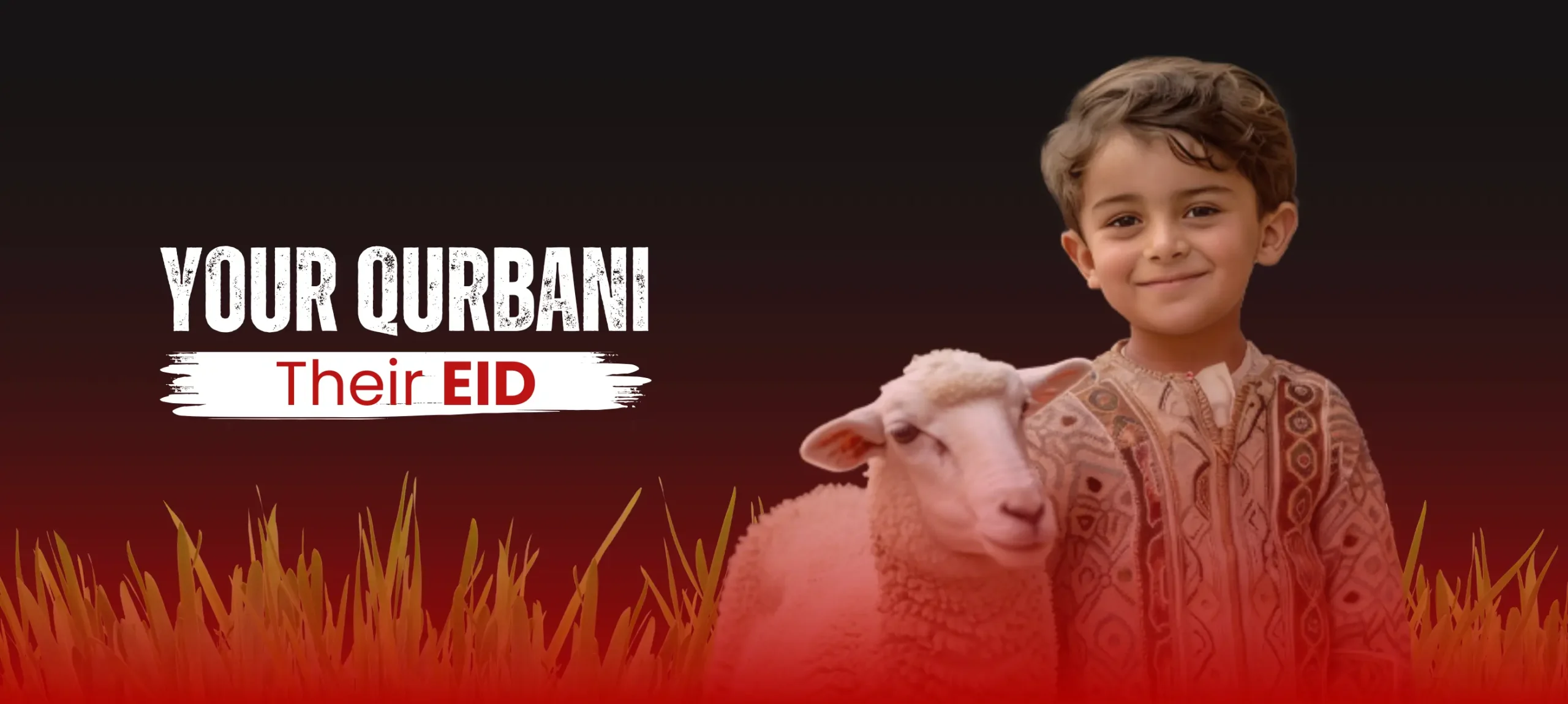
Uganda, Rwanda, Mozambique, Tanzania, Zimbabwe, Malawi, Zambia, Swaziland, Sierra Leone, South Africa
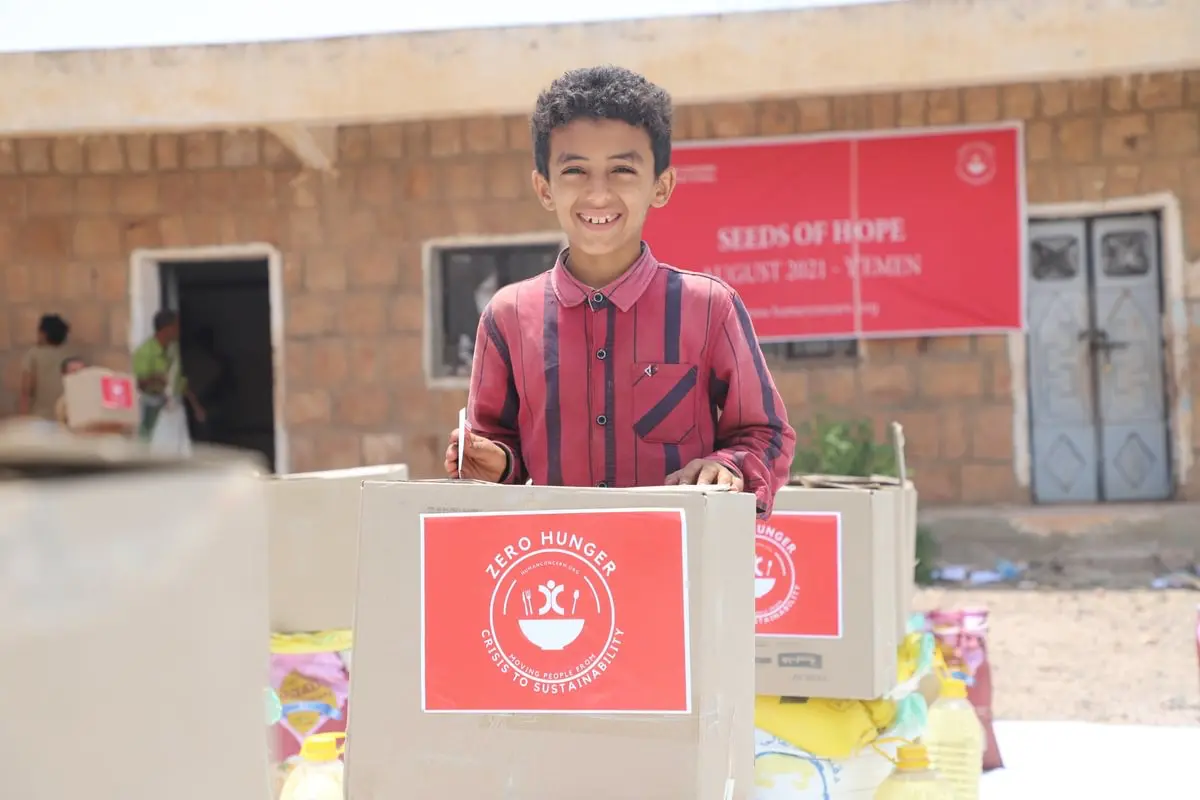
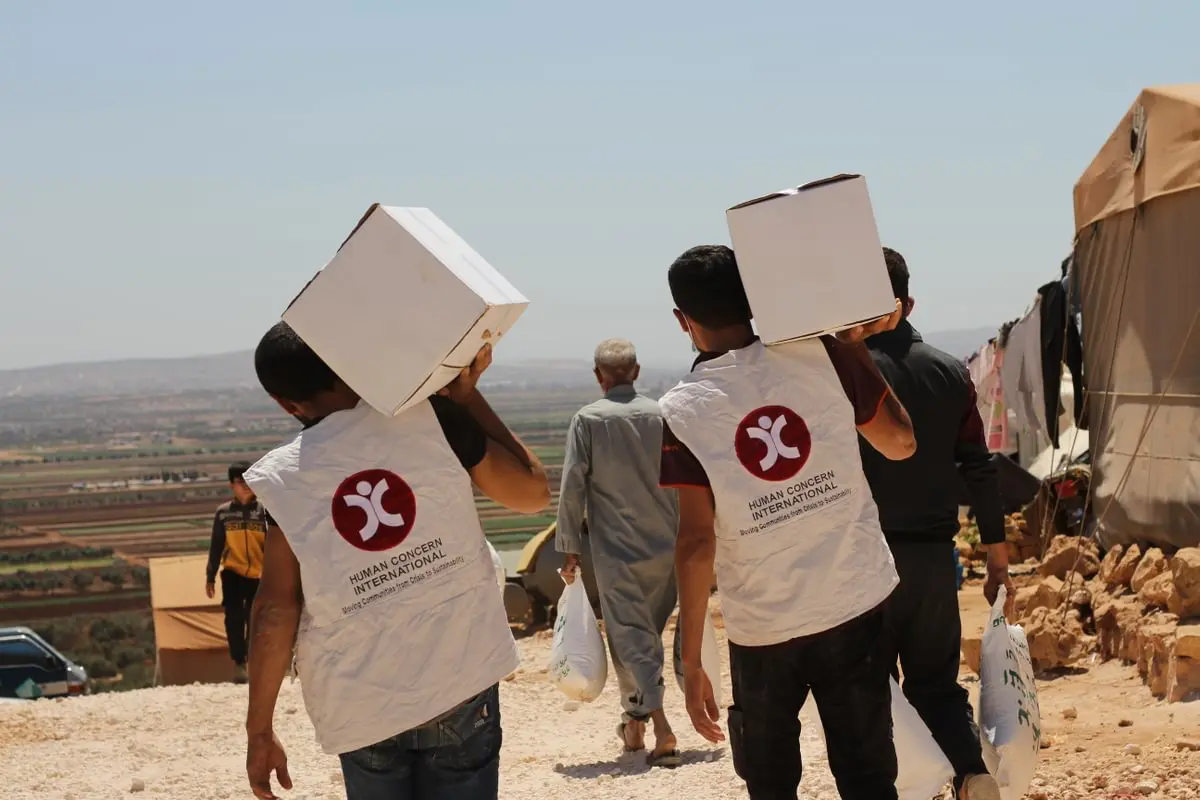
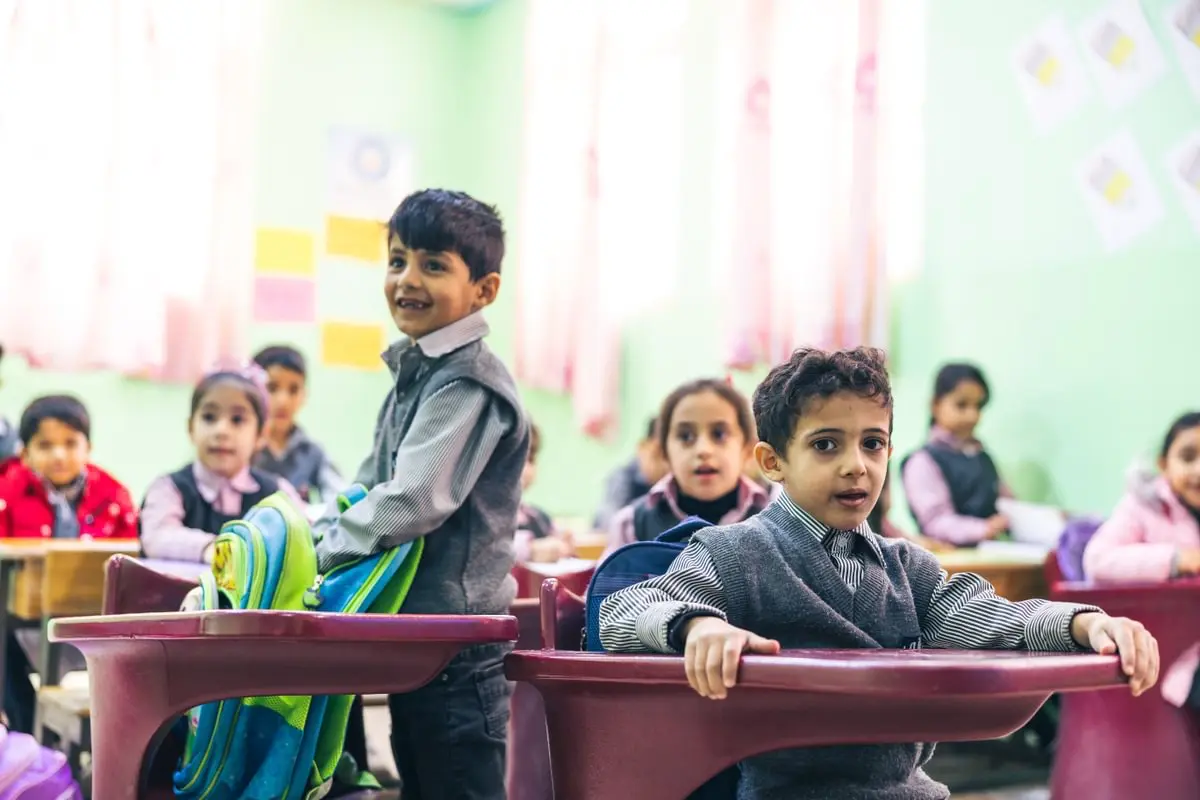
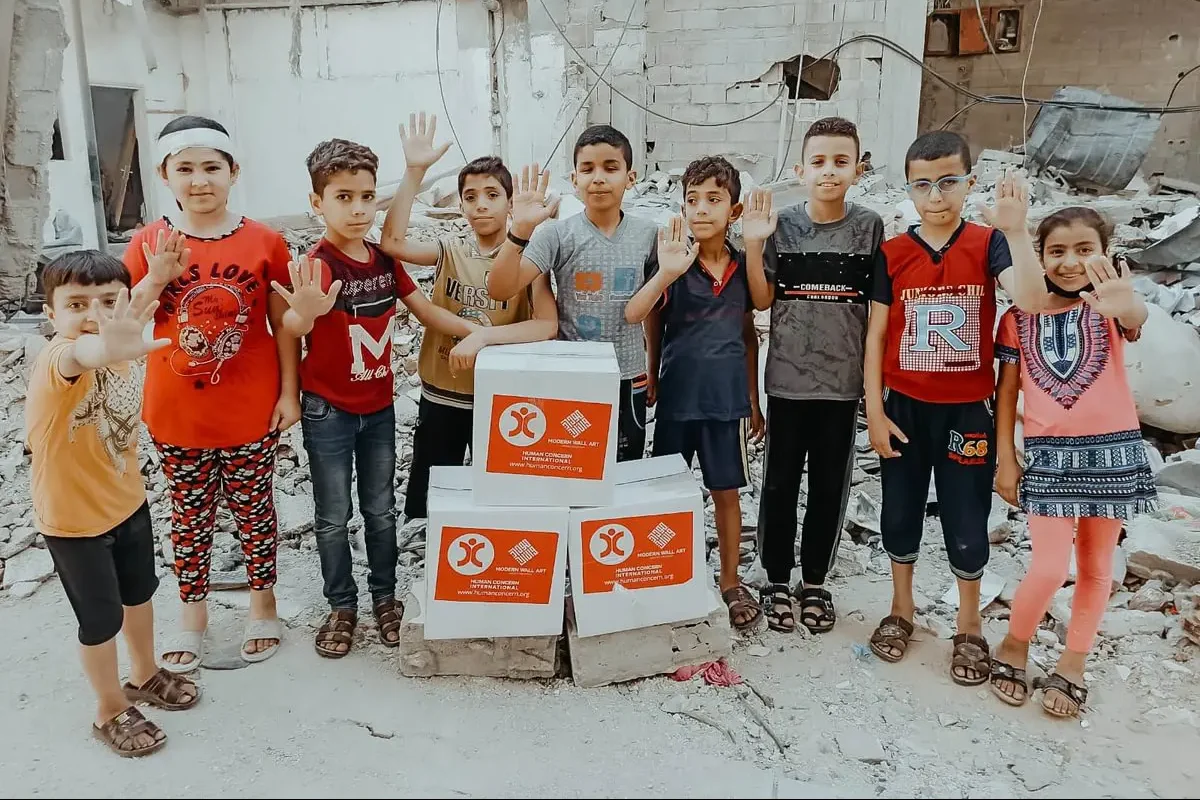
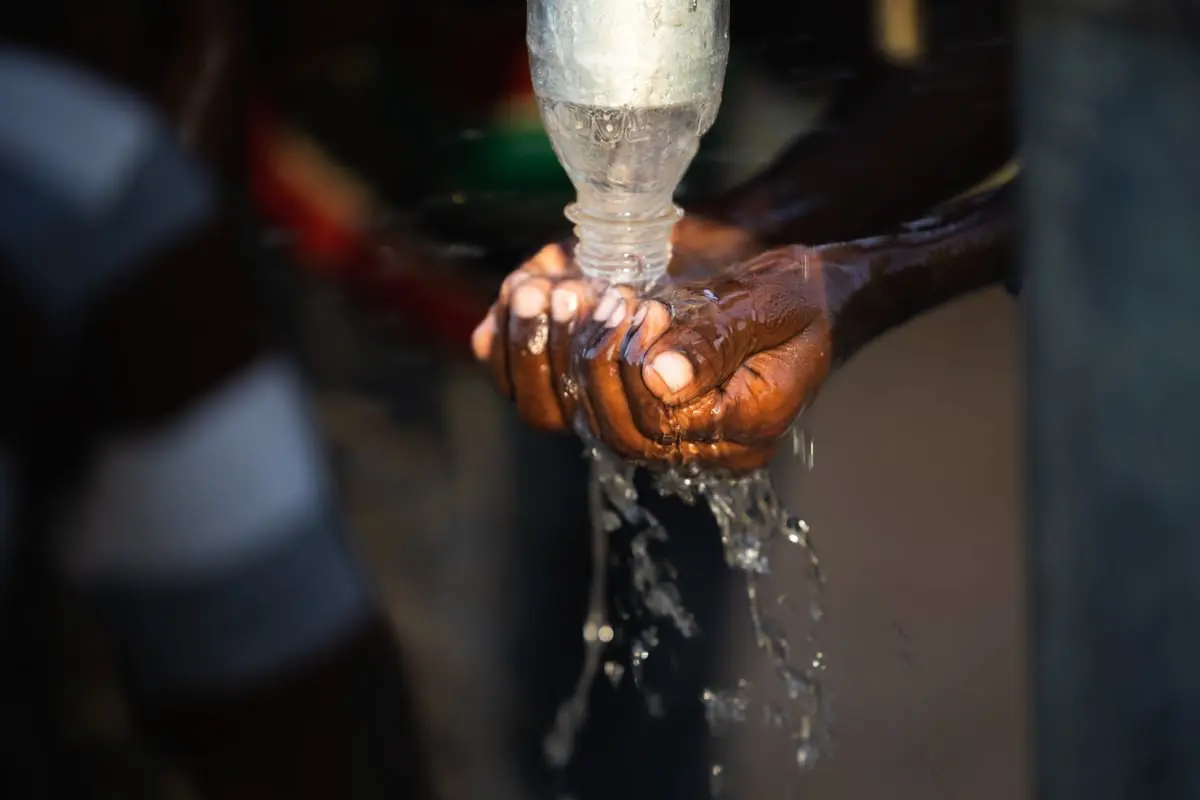
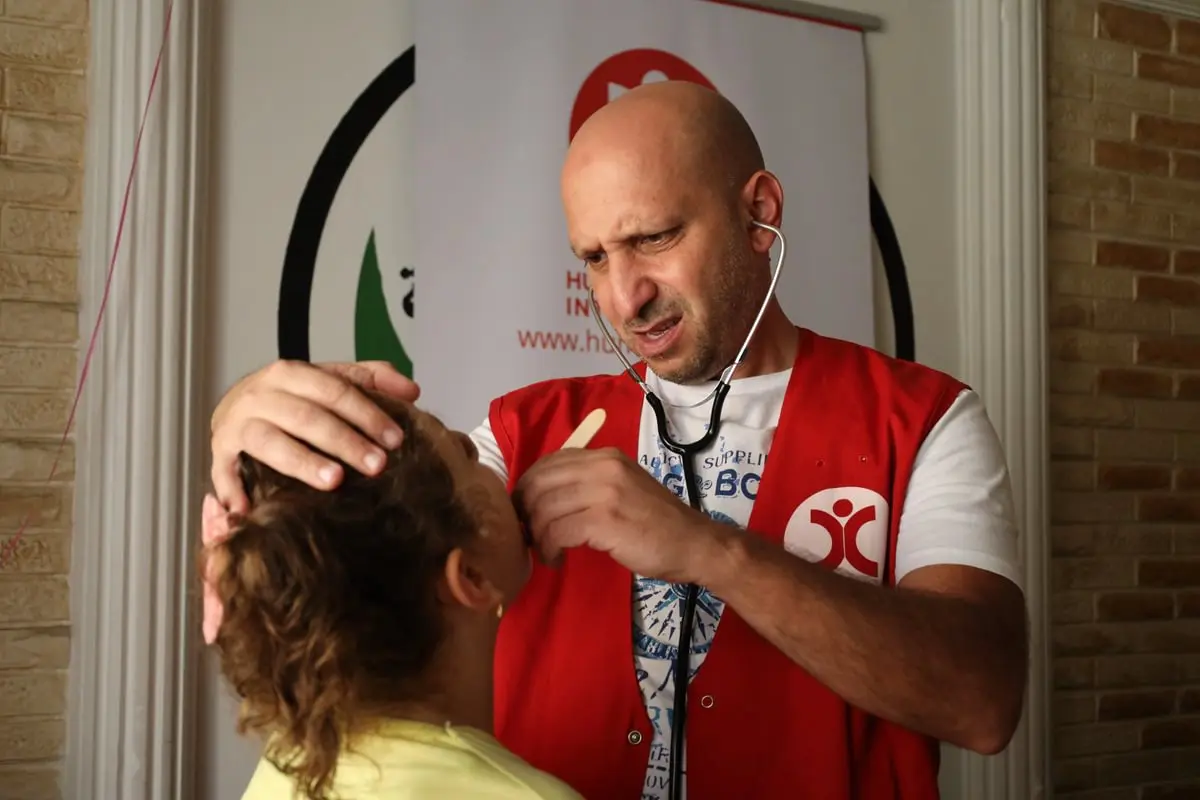
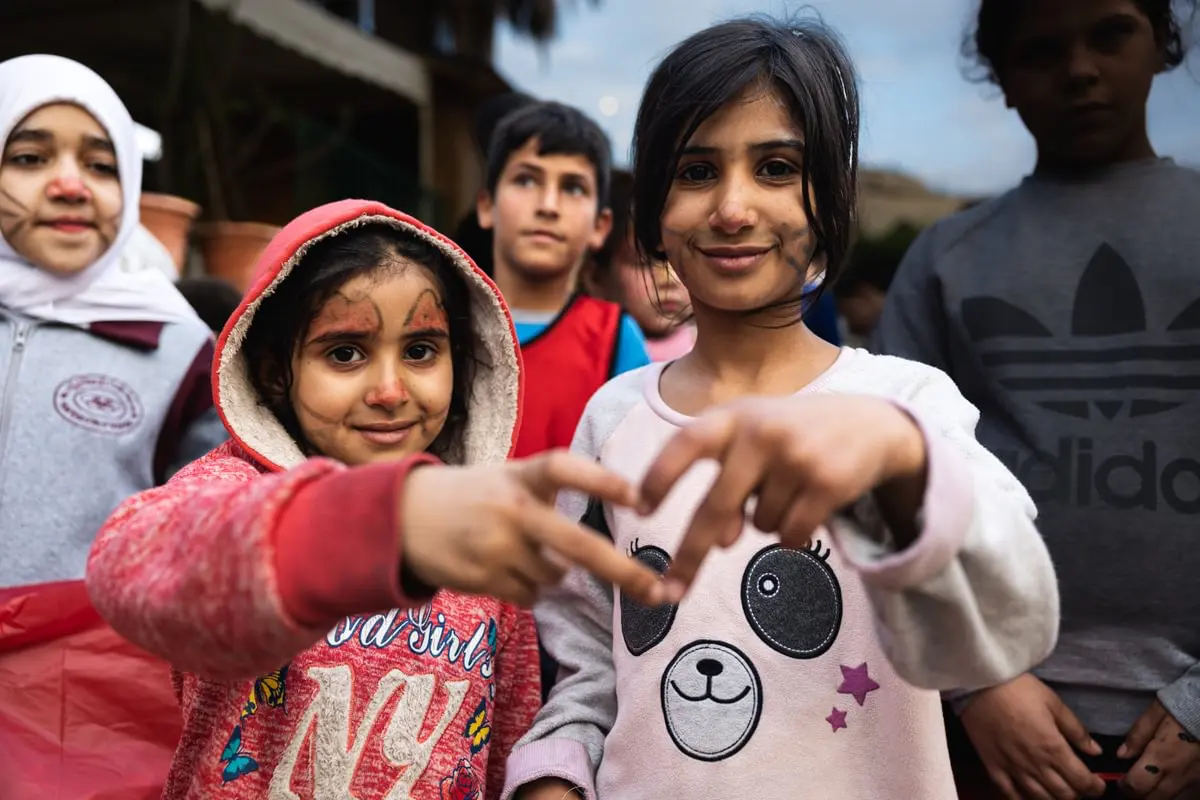
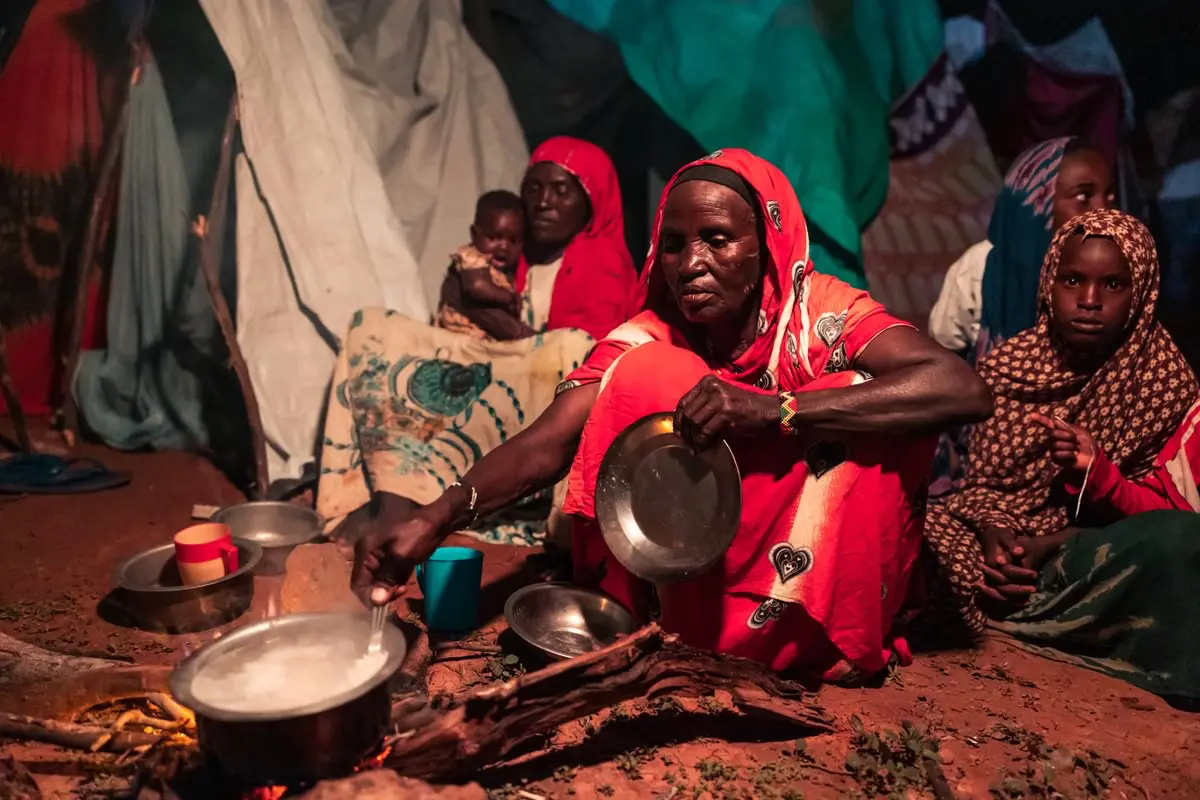
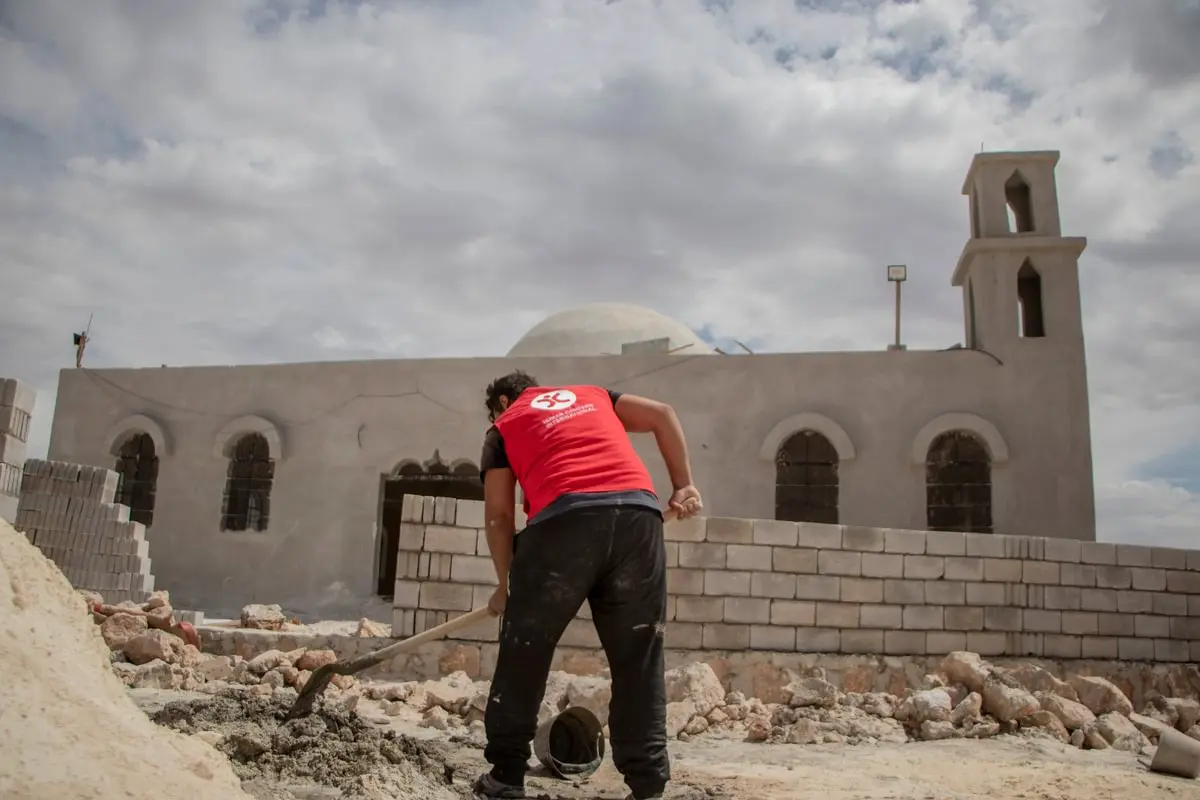
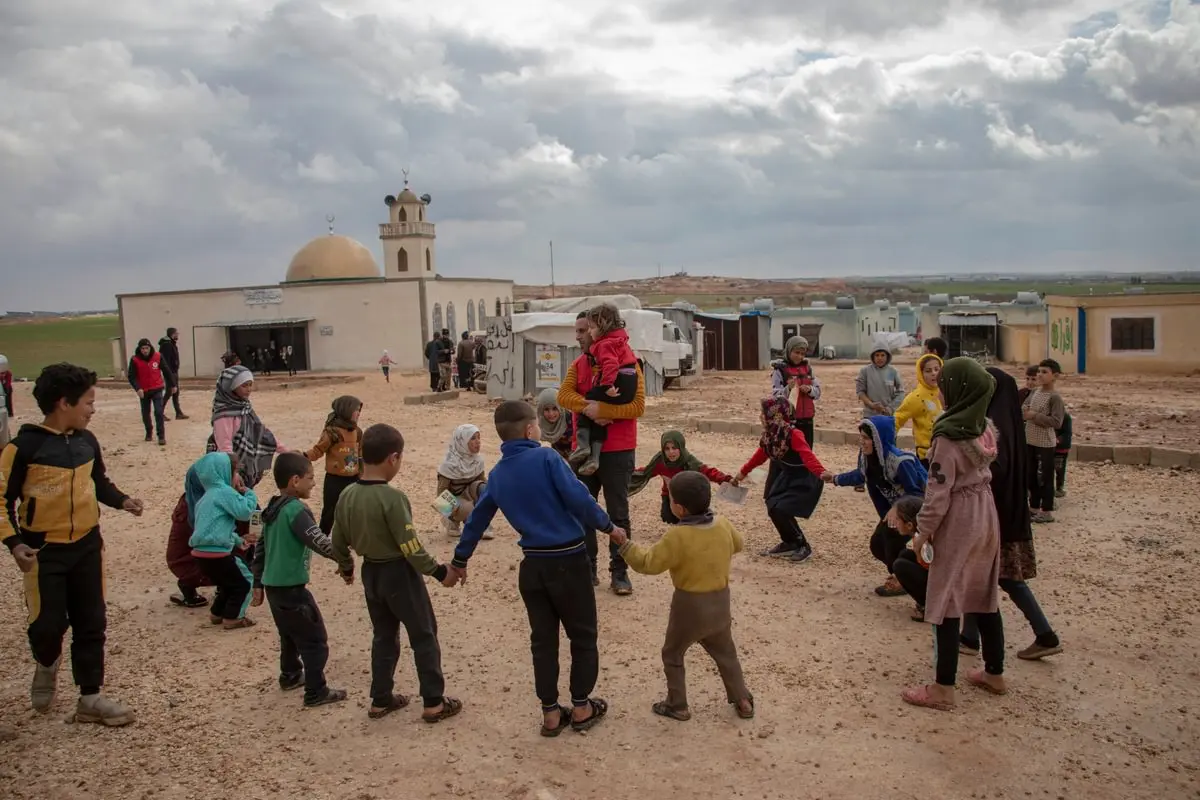
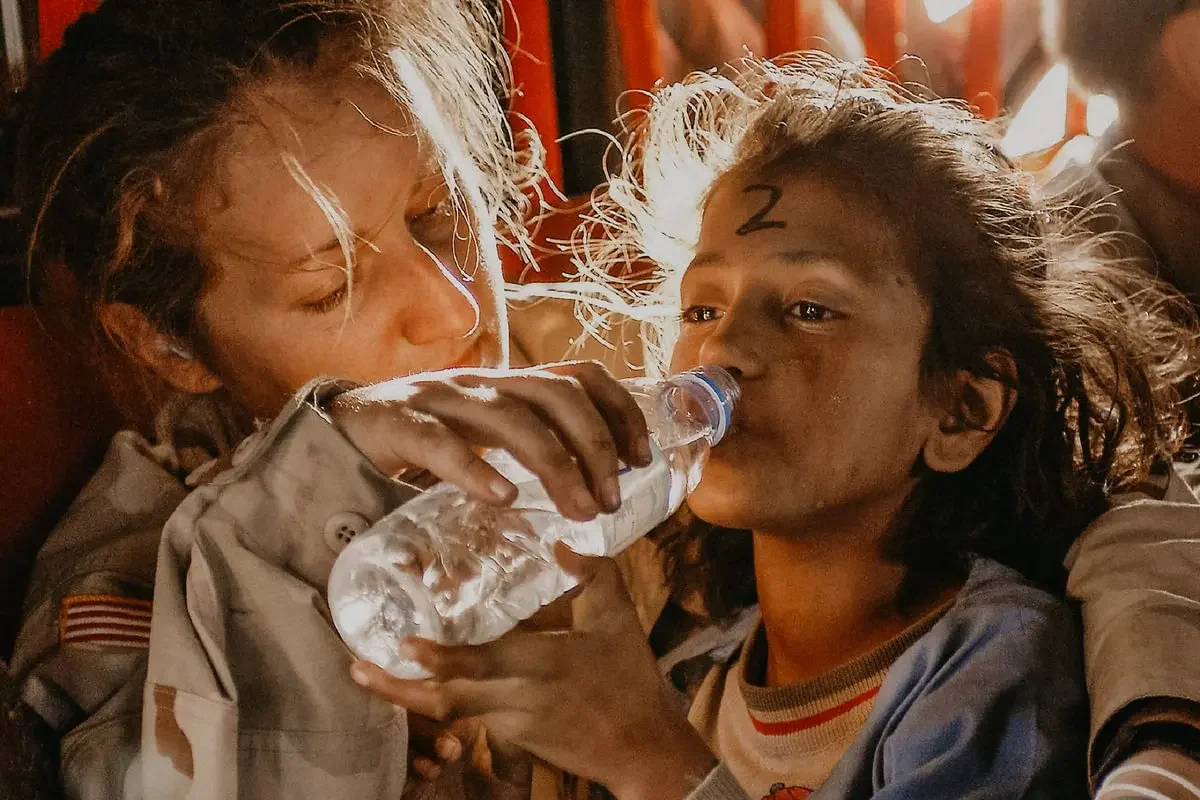
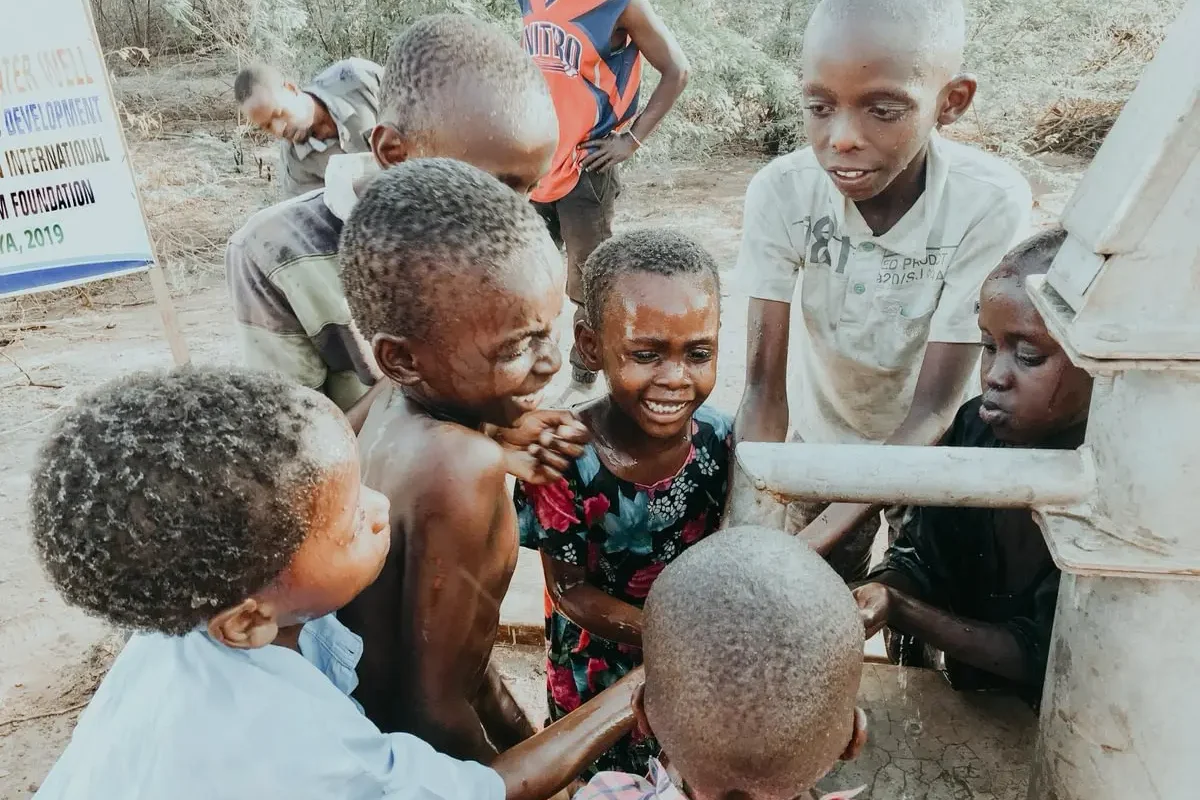
Human Concern International is the oldest Muslim relief organization in Canada, fighting poverty for over 45 years.
We are a registered charity with the CRA. Charitable Registration No. 107497125 RR 0001